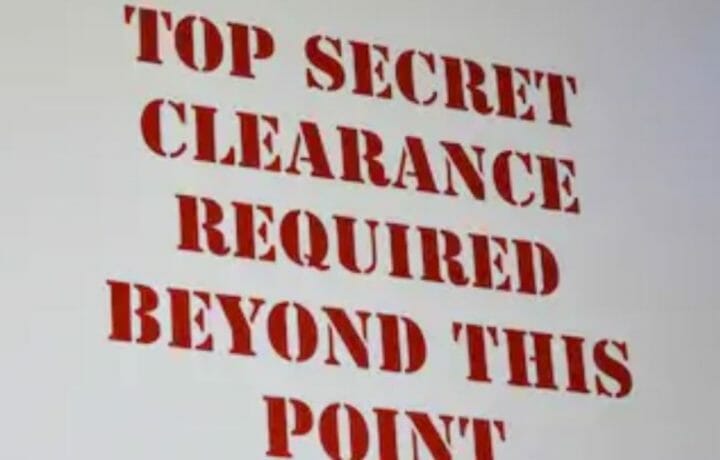Snitch. Stool-pigeon. Rat. Informant. No matter the term used to describe someone who tells the government about illegal or improper activities, the connotation is generally unpleasant. Indeed, besides the gentler term “whistleblower” or the sterile, legal term “reporting party”, there really aren’t many pleasant or even neutral words in the English language to describe someone who reports misconduct.
The cultural premise behind that – that no one likes a “tattletale” – is ingrained in us from an early age on the school yard. Unsurprisingly then, many clearance-holders are reticent about reporting adverse information of adjudicative significance about a cleared colleague to security officials.
The usual justification I hear for turning a blind eye is something like this: “I don’t want to get involved.” Believe me – I get it. Life these days can be busy and stressful enough without piling on something like this. And no one wants to be ostracized by colleagues or retaliated against by management for sticking their neck out. Unfortunately, it isn’t that simple.
New Guidelines Require More than Self Reporting – They Require Snitching
Under policy established by the Director of National Intelligence in 2017[1], all clearance holders are required to report on their cleared colleagues who engage in the following activities:
- An unwillingness to comply with rules or regulations or to cooperate with security requirements
- Unexplained affluence or excessive indebtedness
- Alcohol abuse
- Illegal use or misuse of drugs or drug activity
- Apparent or suspected mental health issues where there is reason to believe it may impact the covered individual’s ability to protect classified information or other information specifically prohibited by law from disclosure
- Criminal conduct
- Any activity that raises doubts as to whether another covered individual’s continued national security eligibility is clearly consistent with the interests of national security
- Misuse of U.S. government property or information systems
These categories are obviously quite broad and could encompass all manner of activities that raise suspicion about a colleague’s security-worthiness. That puts clearance holders in a somewhat precarious position: where is the line between paranoid over-reporting (i.e. becoming a workplace pariah) and complying with a policy obligation?
This remains a developing area of policy, but the “reasonable person” standard has long been a benchmark of evaluating conduct in the legal world. Clearance holders are not expected to be internal affairs investigators, personnel security officials, or adjudicators, so the analysis of whether reporting on a colleague – or not reporting, as the case may be – was reasonable will likely turn on a common-sense assessment of what other, similarly situated non-experts would do under the circumstances.
Based on that approach, I would advise clearance holders to simply familiarize themselves with their reporting requirements and do their best to exercise good judgment. That’s all the government can reasonably ask.
This article is intended as general information only and should not be construed as legal advice. Consult an attorney regarding your specific situation.
[1] Security Executive Agent Directive (SEAD)-3. Office of the Director of National Intelligence. Issued June 12, 2017.




